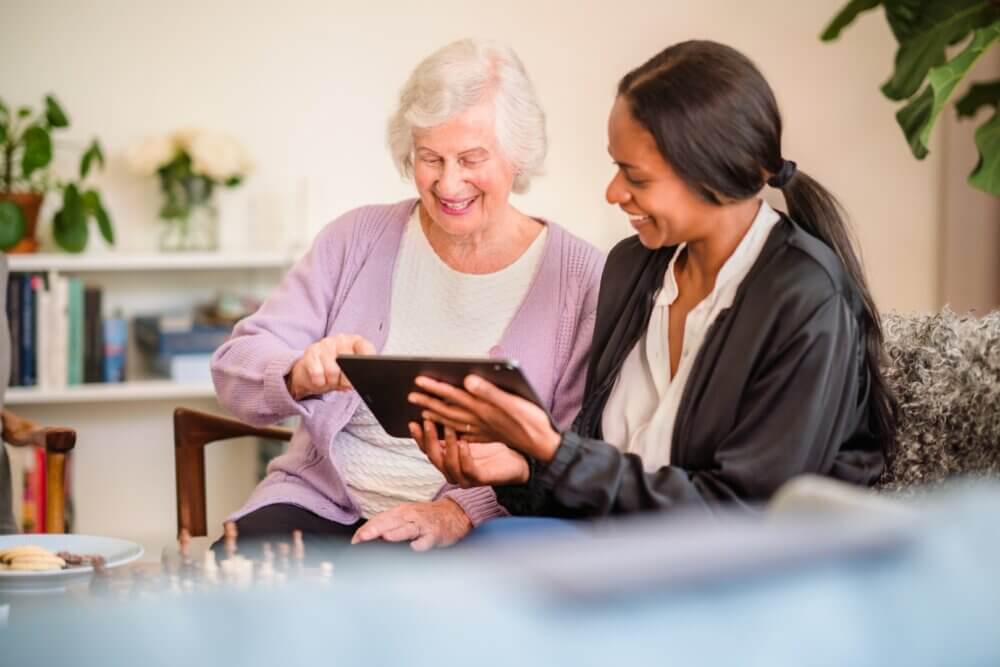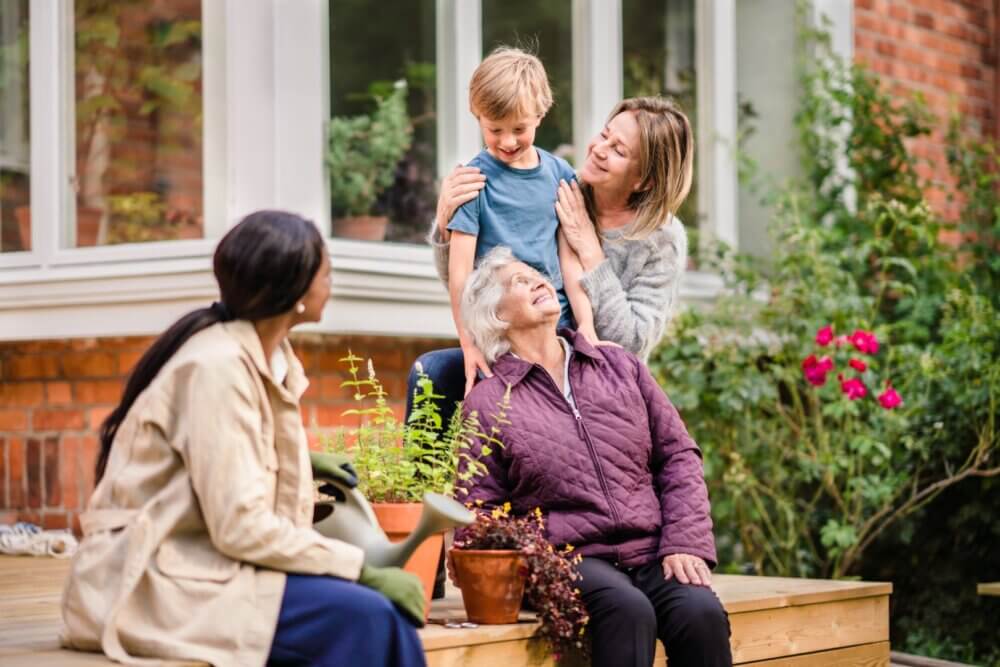Caring for Ageing Parents at Home
A Comprehensive Guide
Discover the best practices for caring for ageing parents at home. This comprehensive guide provides valuable tips and advice to help you create a safe and comfortable environment. As well as how to manage medications, stay organised, promote healthy habits, and address the challenges that come with caring for elderly parents.
“Taking care of elderly parents may be rewarding and difficult. It’s a duty that can be quite stressful and demanding, but it also presents an opportunity to repay those who have helped us so much”.

Create a Safe and Comfortable Living Environment
To provide the best care for your ageing parents, creating a safe and comfortable living environment is essential. This includes making necessary modifications to the house, such as adding grab bars to the bathroom, installing a stair lift, or rearranging furniture to enhance mobility.

Manage Medications
Proper medication management is crucial when caring for ageing parents. Establishing a medication schedule and utilising pill organisers can help ensure medications are taken correctly. Additionally, exploring blister packs and coordinating with doctors and pharmacists can minimise the risk of medication errors.

Stay Organised with Appointments and Paperwork
As a caregiver, you’ll likely be responsible for managing your parents’ appointments and paperwork. Staying organised is essential to avoid missed appointments and confusion. Explore electronic options for organising documents and establish a system that guarantees all paperwork is properly managed.

Stay Connected with Family and Friends
Caring for ageing parents can be isolating, so maintaining connections with family and friends is vital. Seek support from relatives and consider joining a family carer support group. Create a WhatsApp group to facilitate communication among family members and distribute responsibilities effectively.

Promote Healthy Eating Habits
As your parents age, their dietary needs may change. Encourage healthy eating habits by creating a meal plan with the assistance of a dietitian or preparing nutritious meals yourself. Consider scheduling a meal support service to provide respite and ensure your parents receive the necessary nutrients.

Encourage Physical Activity
Regular physical activity is crucial for the overall wellbeing of our ageing parents. Encourage them to maintain an active lifestyle, even if it involves simple activities like daily walks or light stretching. Physical exercise contributes to both physical and mental health.

Manage Chronic Conditions
Many ageing parents may have chronic conditions that require ongoing care. Tracking these conditions and coordinating with healthcare specialists is crucial to ensure your parents receive the necessary treatment and support.

Address Cognitive Changes
Cognitive changes are common as parents age and can significantly impact their daily lives. Early intervention and collaboration with healthcare professionals is essential in creating strategies to manage cognitive deterioration. Implementing tools like personal alarm systems can provide additional support.

Take Care of Yourself
As a caregiver, it’s vital to prioritise self-care to avoid burnout. Allocate time for activities like exercise, meditation, and enjoyable hobbies. Seek support from local organisations and leverage mobile apps that offer assistance in managing stress and promoting wellbeing.

Seek Professional Help When Needed
Recognising when you need assistance as a caregiver is crucial for your wellbeing and ensuring your parents receive the care they require.
Don’t hesitate to seek professional help. By calling Home Instead Taunton about our in-home care services or respite care, you can give yourself a break, yet maintain the high quality of care your parent/s need.
By following these best practises you can provide excellent care for your ageing parents while maintaining your own wellbeing.
Remember, caring for elderly parents is a challenging and rewarding journey requiring dedication and love. And it’s okay to ask for help.
